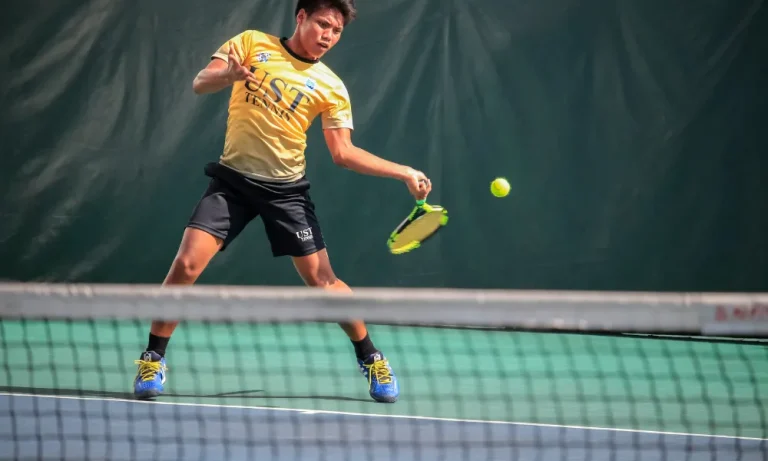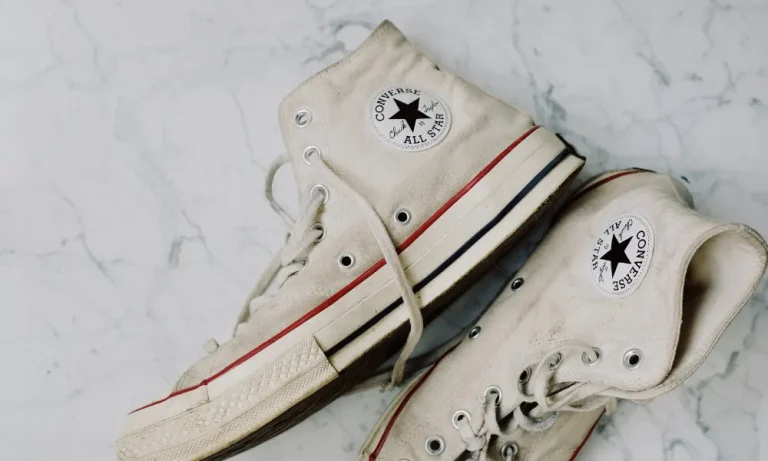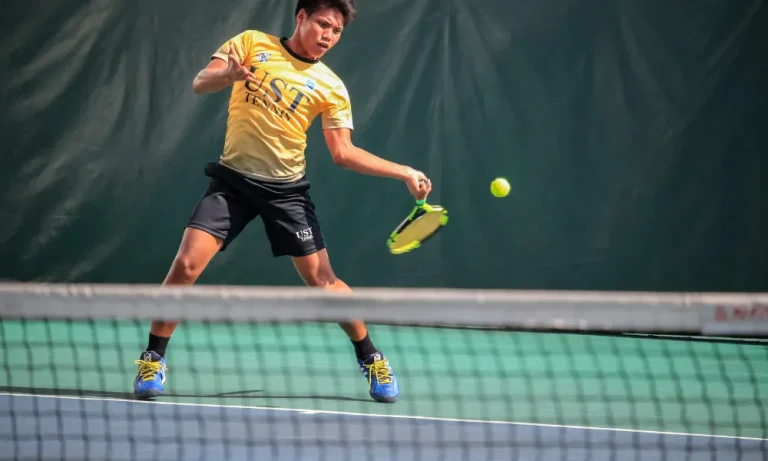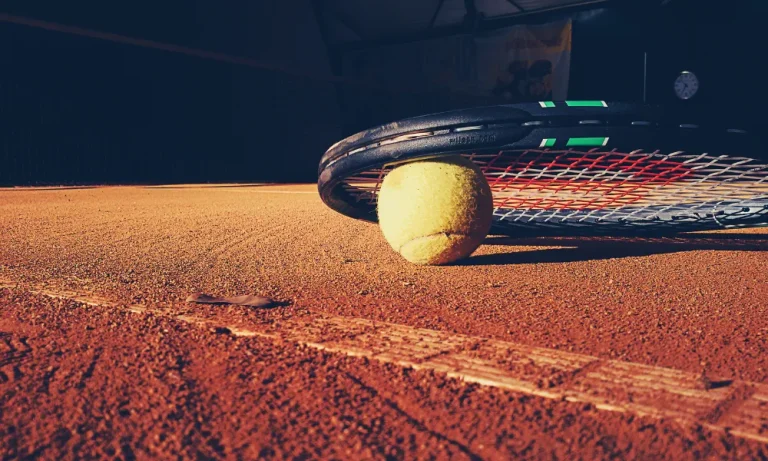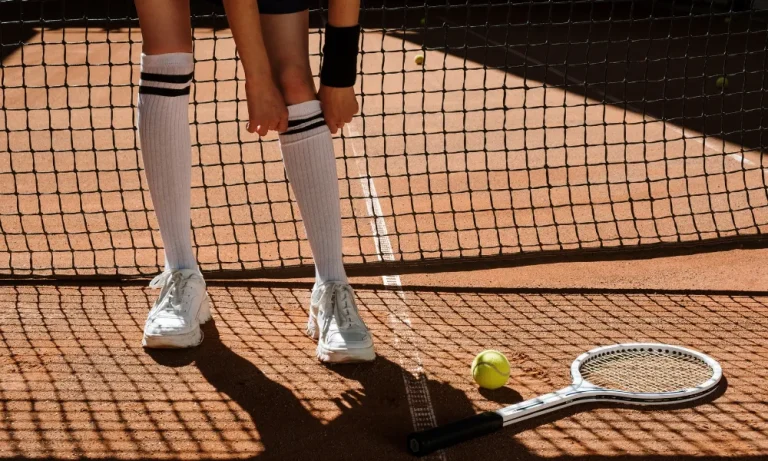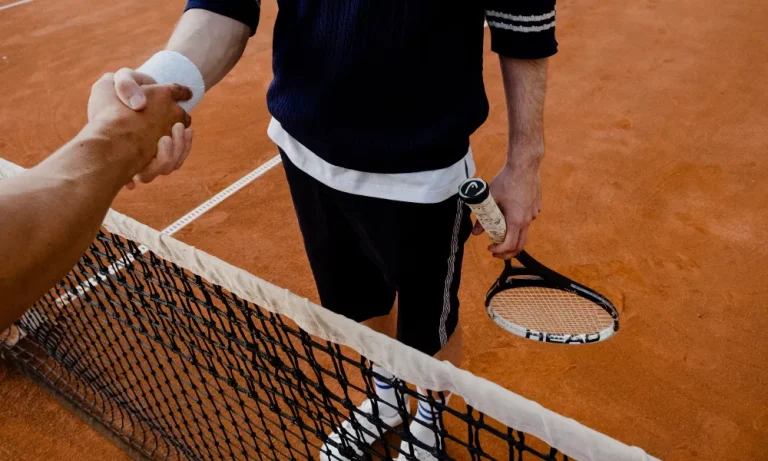Tips For Surviving Tennis Tryouts: Ace Your Tennis Tryouts
Are you feeling the heat of upcoming tennis tryouts? Don’t worry, we’ve got your back! In this article, we’ll provide you with practical tips and tricks to not just survive but thrive during tennis tryouts. From physical and mental preparation to mastering tennis skills, we’ll guide you every step of the way. So, let’s get ready to ace those tryouts and secure your spot on the team!
Preparing Physically and Mentally
When it comes to tennis tryouts, being physically and mentally prepared can make all the difference in your performance.
Physical Fitness and Regular Exercise
Physical fitness plays a vital role in tennis tryouts. It not only improves your overall stamina and endurance but also enhances your agility and speed on the court. Regular exercise helps condition your body, making it more resilient and less prone to injuries during intense play.
Tips for Maintaining a Healthy Diet
Fueling your body with the right nutrients is crucial for peak performance during tryouts. Incorporate a balanced diet that includes carbohydrates for energy, lean proteins for muscle recovery, and plenty of fruits and vegetables for vitamins and minerals. Stay hydrated by drinking enough water throughout the day to keep yourself refreshed during practice and tryouts.
Mental Preparation Techniques
Tennis is not just physically demanding; it also requires mental strength and focus. Visualization is a powerful technique that can help you mentally rehearse your moves and strategies, increasing your confidence on the court. Additionally, practicing positive self-talk can boost your motivation and belief in your abilities, reducing anxiety and improving performance.
Mastering Tennis Skills
During tryouts, coaches typically evaluate various tennis skills to assess a player’s overall ability. These skills may include serving, groundstrokes (forehand and backhand), volleys, footwork, and court awareness. Demonstrating proficiency in these areas can significantly enhance your chances of making the team.
Tips for Improving Tennis Skills
- Serving: Focus on developing a consistent and accurate serve. Practice your toss, grip, and follow-through to generate power and placement.
- Groundstrokes: Work on your forehand and backhand techniques, emphasizing proper footwork, racket control, and timing. Practice hitting with depth and accuracy.
- Volleys: Improve your net game by practicing volleys. Work on your positioning, soft hands, and quick reaction time at the net.
- Footwork: Agility and quickness are crucial in tennis. Enhance your footwork by performing ladder drills, cone exercises, and practicing split-step techniques.
- Practice and Training Partner: Regular practice is essential for skill development. Find a training partner of similar skill level to engage in drills, practice matches, and constructive feedback sessions.
Understanding Tryout Format and Expectations
Tennis tryouts usually consist of multiple stages designed to assess players’ skills and suitability for the team. These stages may include warm-up exercises, skill drills, match play, and fitness assessments. It’s essential to arrive on time, be prepared with your equipment, and follow any instructions given by the coaching staff.
Coaches evaluate players based on various factors, including skill level, technique, consistency, court awareness, attitude, and teamwork. They observe players’ performance in different drills and match situations to assess their overall ability and potential to contribute positively to the team.
Advice on Standing Out and Making a Positive Impression
To stand out during tryouts, it’s important to showcase your strengths while demonstrating coachability and a positive attitude. Here are a few tips to help you make a lasting impression:
- Give your best effort: Show dedication, hustle, and a strong work ethic throughout the tryout process.
- Be coachable: Listen attentively, follow instructions, and apply feedback from coaches to improve your game.
- Demonstrate good sportsmanship: Show respect for opponents, teammates, and coaches by displaying good sportsmanship and a positive attitude.
- Stay focused and confident: Maintain mental resilience, stay focused on the task at hand, and believe in your abilities.
Navigating Tryout Nerves and Pressure
It’s normal to feel nervous before and during tryouts. The pressure to impress coaches and secure a spot on the team can be overwhelming. Common symptoms of nervousness may include butterflies in the stomach, sweaty palms, racing thoughts, or self-doubt.
Managing Tryout Nerves
To manage tryout nerves effectively, try these techniques:
- Relaxation Techniques: Practice deep breathing exercises to calm your mind and body. Inhale deeply through your nose, hold for a few seconds, and exhale slowly through your mouth. Repeat this process several times to help relax your muscles and reduce anxiety.
- Visualization: Visualize yourself performing well during tryouts. Imagine executing flawless shots, moving confidently, and succeeding in different scenarios. Visualizing success can help boost your confidence and alleviate nervousness.
- Positive Self-Talk: Replace negative thoughts with positive affirmations. Remind yourself of your skills, hard work, and dedication. Repeat positive phrases such as “I am prepared,” “I am confident,” and “I can do this” to reinforce a positive mindset.
- Focus on Improvement: Instead of fixating on the outcome or comparing yourself to others, focus on personal improvement. Set small goals for each tryout session, such as improving your serve or footwork. By concentrating on your own progress, you can alleviate some of the pressure.
Building Confidence and Mental Resilience
Building confidence in your tennis skills is essential for success. Here are some strategies to help boost your confidence:
- Practice, Practice, Practice: Consistent practice improves your skills and familiarity with the game, leading to increased confidence in your abilities.
- Focus on Strengths: Identify your strengths and leverage them during matches. By focusing on what you do well, you can build confidence in your abilities.
- Visualization: Visualize yourself executing successful shots and winning points. This mental imagery can help reinforce positive beliefs in your capabilities.
- Celebrate Small Wins: Acknowledge and celebrate your achievements, no matter how small. Recognizing your progress and successes will enhance your confidence.
Importance of Mental Resilience
Mental resilience is crucial in tennis, as it allows you to bounce back from mistakes and setbacks. Here’s how you can develop mental resilience:
- Embrace Mistakes as Learning Opportunities: Instead of dwelling on mistakes, view them as opportunities for growth and improvement. Learn from them and move forward.
- Maintain a Positive Mindset: Replace negative self-talk with positive affirmations. Remind yourself of your strengths and the progress you’ve made. Believe in your ability to overcome challenges.
- Stay Present: Focus on the present moment rather than worrying about past errors or future outcomes. Being mentally present helps you make better decisions and perform at your best.
Handling Rejection and Moving Forward
Not making the team can bring about a range of emotions, including sadness, frustration, and even a loss of self-confidence. It’s completely normal to feel disappointed when things don’t go as planned. Acknowledging and accepting these emotions is an important first step towards moving forward.
Coping with Disappointment
Here’s how you can cope with disappointment and use it as motivation for improvement:
- Allow Yourself to Feel: Give yourself permission to feel disappointed, but avoid dwelling on negative emotions for too long. It’s okay to take some time to process your feelings, but then it’s important to shift your focus towards the future.
- Reflect and Learn: Use the experience as an opportunity for self-reflection. Identify areas for improvement and set goals to work on those aspects of your game. Use the disappointment as fuel to push yourself harder and become a better player.
- Seek Support: Talk to a coach, mentor, or supportive friends and family members who can provide encouragement and guidance during this time. They can offer valuable insights and help you develop a plan for moving forward.
Conclusion
Surviving tennis tryouts can be challenging, but with the right mindset and strategies, you can increase your chances of success. Remember to focus on your strengths, stay positive, and keep practicing. Even if you don’t make the team, use it as an opportunity for growth and explore alternative tennis opportunities. Keep pushing forward and never give up on your love for the game.
FAQs: Tips For Surviving Tennis Tryouts
What should I wear for tennis tryouts?
It’s best to wear comfortable athletic attire, such as a t-shirt, shorts, and tennis shoes. Avoid wearing jeans or restrictive clothing that may hinder your movement.
How can I prepare for tennis tryouts?
To prepare for tennis tryouts, focus on practicing your skills, including serving, forehand, backhand, and footwork. Additionally, work on your physical fitness and stamina through regular exercise and conditioning.
How do I handle nerves during tryouts?
Nerves are natural, but you can manage them by practicing relaxation techniques, such as deep breathing and positive visualization. Remember to stay focused on your game and trust in your abilities.
What if I make mistakes during tryouts?
Making mistakes is part of the learning process. If you make a mistake, stay positive, and quickly move on. Show resilience, adaptability, and a willingness to learn from your errors.
What can I do if I don’t make the tennis team?
If you don’t make the team, don’t be discouraged. Use it as an opportunity for growth and reflection. Consider seeking feedback from coaches, working on areas of improvement, and exploring alternative tennis opportunities like local clubs or recreational leagues. Keep your passion for the sport alive.

